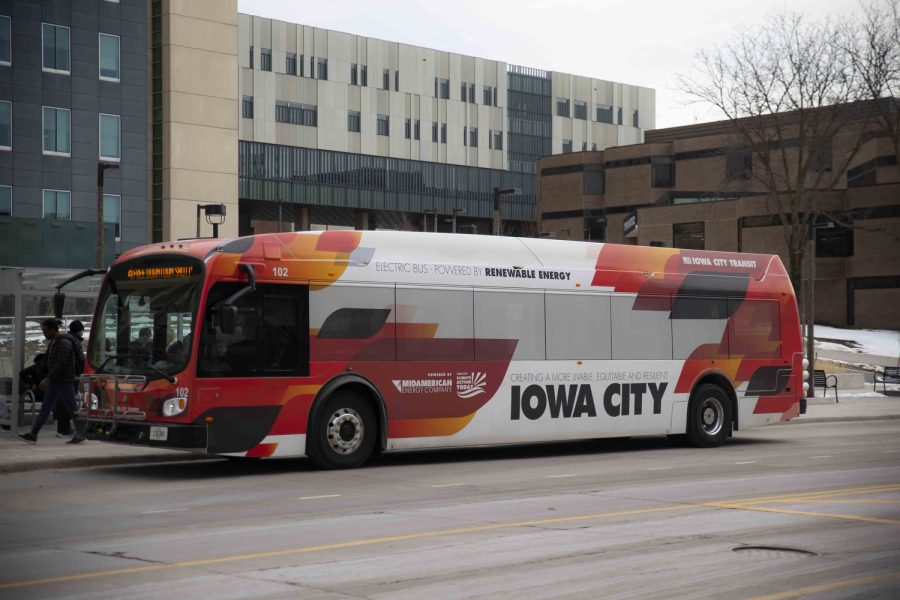The purple parking meters around downtown will be taken down after four years of donations.
The Parking Meter Donation Program will be officially removed after the Iowa City City Council voted to remove it, said officials.
The program was put in place in 2010 in an attempt to replace giving to panhandlers. The donations received through the donation program would be distributed to six different agencies that work with the homeless.
“For the amount of money that the donation beneficiaries were earning, it just didn’t balance out with the amount and everything else that was going into it,” said City Councilor Kingsley Botchway II.
The purple donation meters were frequently vandalized and stuck because of gum or other materials, which required the city to fix them often. The low number of donations and frequent repairs made the program infeasible.
In correspondence from Geoff Fruin, the assistant to the city manager, and City Manager Tom Markus, Fruin recommended discontinuing the program. Another solution was to increase advertising for the program, but Fruin said the community costs and efforts to maintain the program was not worth the small amount of revenue collected.
“The city already does over $300,000 in aid to agencies directly out of city money, and they said they had less than $2,000 in the last year or two with the purple parking meters,” said City Councilor Susan Mims. “We will always encourage people to continue to make donations to any of the social service agencies in the community.”
Over the last two years, the program had only received $1,399 in donations with approximately $500 donated by the Small Businesses Have Big Hearts campaign in 2012.
“The Downtown District agrees with the decision,” said Karen Kubby, the owner of Beadology.
Beadology was one of the businesses that are part of the Small Businesses Have Big Hearts campaign.
However, the campaign does not donate to the same program each year.
“We wanted our donations to go to social services that have some connection to some issues around downtown,” Kubby said. “Which are homelessness, hunger, affordable housing, and mental-health services.”
The organization originally chose to donate to the program because the agencies the donations went to dealt with the issues that the groups members believed were important and the meters were downtown and convenient. Also, if their customers wanted to continue donating after the campaign was over, they could just head over to a meter and donate directly.
A future program to replace the meter donation program has not been decided upon, but Botchway said officials will think up a new program, although it might not be in the immediate future.






